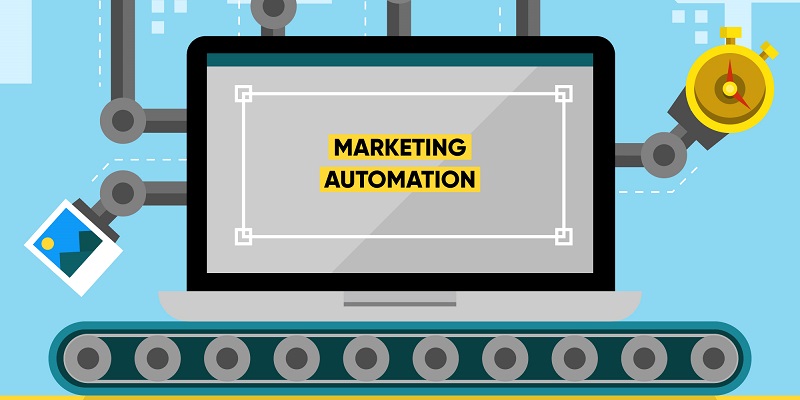Marketing automation has become an essential part of digital marketing in recent years. In a world where everything is automated and technology-driven, digital marketers cannot afford to rely on manual methods anymore. Marketing automation provides a plethora of benefits, including the ability to save time, improve lead nurturing, increase revenue, and enhance the overall customer experience. In this article, we’ll delve into these benefits in detail and highlight why marketing automation is a must-have for businesses of all sizes.
The drawbacks of not implementing marketing automation
Firstly, let’s discuss the drawbacks of not implementing marketing automation. Without automation, businesses are more likely to waste valuable time and resources on manual marketing tasks, which can be repetitive and time-consuming. Not only are these tasks inefficient, but they also reduce productivity. Moreover, manual marketing processes are prone to errors, which can lead to reputation damage for the company. Ultimately, the lack of automation can lead to a decline in customer satisfaction and revenue.
Time-saving benefits of marketing automation
One of the most significant benefits of marketing automation is its time-saving aspect. Automating repetitive or mundane tasks allows businesses to focus on other crucial marketing activities, such as crafting new strategies and creating campaigns. Automation can speed up the process of creating emails, posting on social media, and tracking customer interactions. The benefits of automation go beyond just time-saving, as it can also help businesses save money in the long run.
The Role of Marketing Automation in Lead Nurturing
Another benefit of marketing automation is improved lead nurturing. Marketing automation allows businesses to send personalized and targeted messages to their leads based on their behavior and interests. This approach helps businesses build a relationship with their leads and increases the chances of converting them into loyal customers. Automated lead nurturing can include sending follow-up emails, providing educational content, offering promotions, and much more.
Increasing Revenue through Marketing Automation Insights
Marketing automation can also help improve revenue by providing businesses with valuable insights into their customers’ behavior and preferences. Automated analytics can help businesses understand customers’ preferences, purchase history, and more. By tracking customer behavior, businesses can tailor their marketing approach and offers accordingly. This data can help predict customer behavior and targeted marketing efforts can ultimately lead to increased revenue.
Improving the customer experience with timely and relevant communication
Marketing automation can also improve the overall customer experience by providing timely and relevant communication. Automated messages can be triggered by customer behavior, such as making a purchase or abandoning a shopping cart. These personalized and timely messages help customers feel valued and acknowledged. Additionally, more timely engagement leads to a higher chance of customer retention.
Valuable insights gained from marketing automation
Marketing automation provides valuable insights into marketing efforts and customer behavior. By collecting data on customer interactions, businesses can identify and focus on what’s working and what’s not. Automated analytics can help businesses know which messages and campaigns drove the most engagement, which content resonated best with their target audience, and what they need to improve to win over more customers.
The scalability of marketing automation for growing businesses
Marketing automation is highly scalable, making it a great tool for growing businesses. As a business expands, automating repetitive tasks helps maintain the efficiency of marketing efforts. This scalability also enables businesses to develop more targeted marketing strategies and effortlessly scale them across numerous channels. Marketing automation helps businesses customize their messaging and offers while maintaining a consistent brand tone, regardless of how many channels they use.
Improvement in the accuracy of marketing efforts can be achieved through marketing automation
Marketing automation can also help reduce errors and improve the accuracy of marketing efforts. Since messages and campaigns are automated, manual errors and inconsistencies can be minimized. Automation tools allow businesses to set up automated email sequences, social media posts, and more, ensuring that the messaging stays consistent and accurate even across diverse channels.
In conclusion, marketing automation has become an essential tool for digital marketers. By automating processes, businesses can achieve higher efficiency, increase revenue, and improve customer satisfaction. All businesses, regardless of size, can benefit from marketing automation. The benefits of marketing automation go far beyond saving time, increasing revenue, and improving customer experience. It also provides valuable insights into customer behavior and allows businesses to target their marketing strategies more effectively. Ultimately, marketing automation helps businesses optimize their marketing efforts, leading to increased ROI, productivity, growth, and progressiveness.

